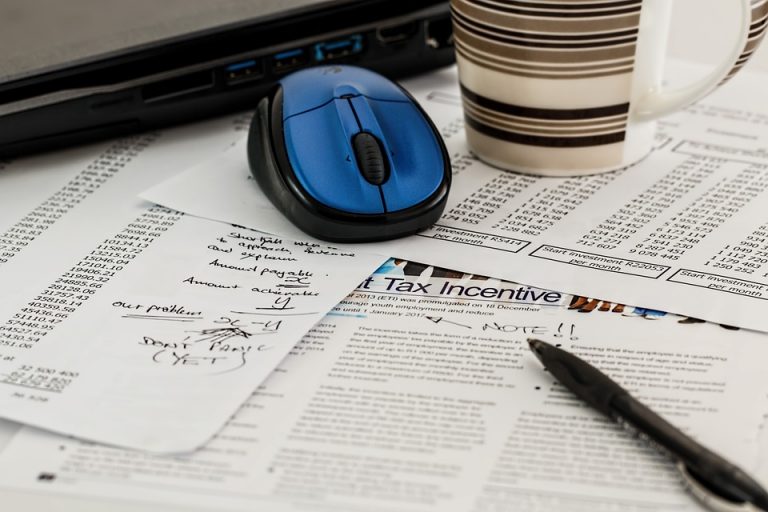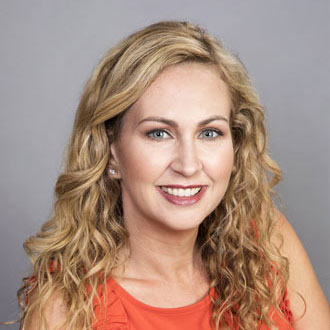
How Do I Fill out an EDD Audit Questionnaire?
When San Francisco business owners and taxpayers learn they’re facing an EDD audit, one of the first questions they ask me is about the questionnaire. Specifically, they ask how to fill out an EDD audit questionnaire.
An EDD audit occurs when the California Employment Development Department (EDD) launches an investigation into a business’ state payroll tax records. Generally, the EDD is trying to determine if the business has classified a worker as an independent contractor instead of an employee. If the EDD determines the worker is an employee, it can personally assess the business owner for “unpaid” payroll taxes.
When a business goes through an EDD audit, it generally starts with what’s known as an Inquiry Regarding Records notice from the EDD. You will also receive the 2-page pre-audit questionnaire. You have 14 calendar days from the date in which it was mailed to you to return the audit questionnaire to the EDD. It is crucial that you take this questionnaire very seriously because this document is what your EDD auditor uses to begin your audit.
EDD audits generally cover three years. Sometimes the questionnaire can be confusing to business owners because the questions may have different answers depending on the tax year. Additionally, the questions on an EDD audit questionnaire are written in a very specific way. They are designed to root out the payroll practices of business owners and serve as bait for the EDD audit in knowing how to approach the main audit carried out later.
For example, the audit questionnaire will ask for a description of your business and whether you operate full-time, year-round or seasonal. It asks how many employees you have and what services they provide. There are questions about what type of bookkeeping/accounting you use, and the employee benefits you provide. These questions themselves may seem harmless. But it’s important to remember that you don’t know exactly what answers they’re looking for, and how it will affect your audit going forward.
I advise San Francisco business owners and taxpayers to be very careful and thoughtful about your responses to the questions. In fact, I highly recommend consulting with a tax attorney, preferably one who has experience with EDD audits, to review the questionnaire and your answers before you return it to the EDD.
Don’t try to navigate the EDD audit process yourself. A few extra steps at the beginning of the audit process can help you significantly in the long run.
Allison Soares is a partner and attorney at Vanst Law. It doesn’t matter the issue: audits, collections, appeals, international disclosures, grumpy people— Allison enjoys fixing problems. In addition to her legal work, she has worked in accounting and utilizes that knowledge to her advantage while handling cases involving EDD audits.

